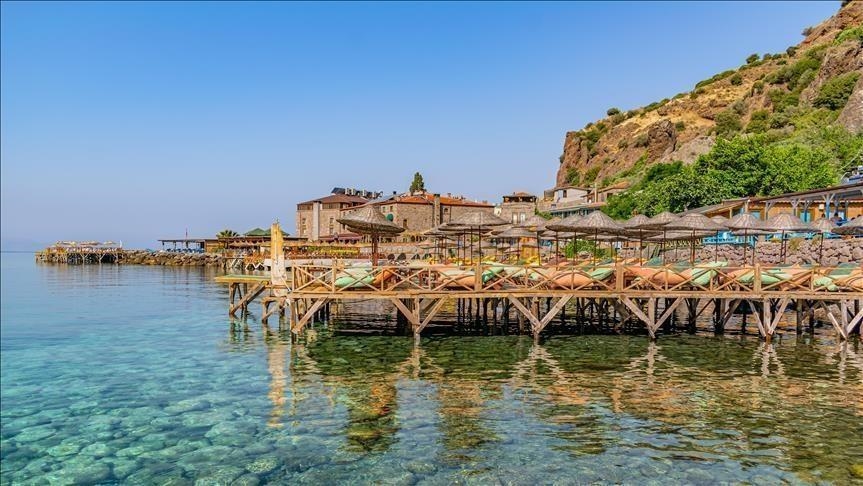Thailand's surge in crude oil Imports from Azerbaijan: A Win-Win for both nations [ANALYSIS]
By Zara Araz, AZERNEWS
In a notable shift in global oil trade dynamics, Thailand is poised to import 376.88 thousand tons, or approximately 2.87 million barrels, of crude oil from Azerbaijan during the first seven months of 2024. This represents a substantial increase from previous years, reflecting both a burgeoning partnership and significant economic implications for both countries.
Economic benefits for Thailand
Diversification of Supply Sources: By increasing its imports of Azerbaijani crude oil, Thailand is diversifying its sources of energy supply. This move reduces the country's reliance on its traditional suppliers—namely, the United Arab Emirates, Saudi Arabia, and the United States—mitigating risks associated with geopolitical tensions or supply disruptions from these regions.
Strategic Stockpiling: The considerable increase in oil volume enables Thailand to build up strategic reserves, which can be crucial for managing price volatility and ensuring energy security. The nearly eightfold increase in import volume from last year provides Thailand with a more robust supply cushion.
Cost Efficiency: Despite the overall increase in oil prices—rising from $536 per ton in 2022 to $621 per ton in 2024—Thailand benefits from the competitive pricing relative to its other suppliers. This can help stabilize domestic fuel prices and potentially provide a buffer against higher costs from its primary suppliers.
Economic benefits for Azerbaijan
Increased Revenue: The surge in exports to Thailand has significantly boosted Azerbaijan's crude oil revenues. The value of these exports has risen to $234.24 million, a striking increase from $26.1 million in the same period last year. This enhanced revenue stream is vital for Azerbaijan's economy, which heavily relies on oil exports.
Market Expansion: By surpassing traditional buyers like Turkey and gaining a leading position in the Asian market, Azerbaijan has expanded its market footprint. This strategic positioning enhances its influence in the global oil market and opens opportunities for further trade agreements and partnerships.
Economic Stability: The substantial increase in export volume contributes to economic stability for Azerbaijan. With its oil industry playing a pivotal role in its economy, securing a major buyer like Thailand helps balance trade deficits and support national fiscal policies.
Mutual gains
Enhanced Bilateral Relations: The increased trade in crude oil fosters stronger bilateral ties between Thailand and Azerbaijan. Such partnerships can extend beyond oil trade to include other sectors such as infrastructure, technology, and investment, offering broader economic benefits.
Balanced Trade Dynamics: For Thailand, importing from Azerbaijan balances its trade dynamics, while Azerbaijan benefits from a diversified customer base. This reciprocal arrangement reduces the impact of fluctuations in global oil prices and strengthens economic resilience for both nations.
Strategic Energy Cooperation: The enhanced trade relationship underscores the strategic importance of energy cooperation between nations. Both Thailand and Azerbaijan are leveraging their respective strengths—Thailand's growing energy needs and Azerbaijan's oil production capacity—to achieve mutual economic goals.
In conclusion, Thailand’s increased imports of Azerbaijani crude oil reflect a mutually beneficial relationship that supports economic growth and stability for both nations. As global energy markets evolve, such strategic partnerships will likely play a crucial role in shaping the future of international trade and economic cooperation.
![Thailand's surge in crude oil Imports from Azerbaijan: A Win-Win for both nations [ANALYSIS]](https://www.azernews.az/media/2024/08/22/flag-thailand-azerbaijan-260nw-1665745099.jpg)











